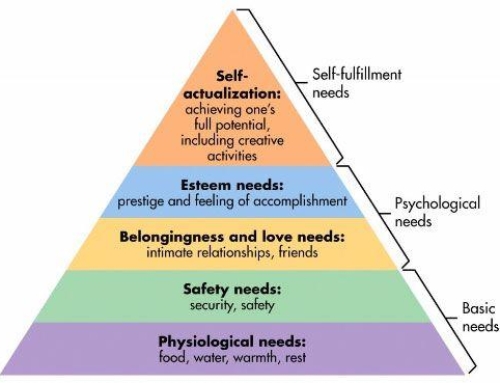Whether you and/or some of your family members have had breast cancer, you may be interested in the possibility of genetic testing. The best way to get started is to learn more about your family history on both your mother’s and your father’s side. An abnormal gene that increases breast cancer risk is more likely to run in your family if:
- Three or more women in your family have had breast and/or ovarian cancer, particularly if breast cancer is diagnosed at a younger age than this cancer typically develops (before age 50).
- A close relative has had cancer involving both breasts.
- There is both breast and ovarian cancer in your family.
- Men in your family have had breast cancer.
- There is breast cancer in your family and either male relatives on the same side of the family have had prostate cancer at a young age, or male or female relatives on the same side of the family have had other types of cancer, including but not limited to melanoma, pancreatic, stomach, uterine, thyroid, colon, and/or sarcoma.
If any of these are true for either side of your family, you may be a candidate for genetic testing. You may want to meet with a genetic counselor, a medical professional specially trained to understand and provide information about genetics and disease. To find a genetic counselor who specializes in family-related cancer risk, talk to your doctor or check with the hospitals and cancer centers in your area.
Researching your family history
As you identify possible cases of breast or ovarian cancer in your family, try to confirm them with medical records and a pathology report whenever possible. For example, if one of your aunts died of liver cancer, you need to find out if she had breast cancer that spread (metastasized) to the liver, or cancer that actually started in the liver. If your grandmother had “stomach cancer,” further investigation may show that she really had ovarian cancer that spread inside the abdomen, affecting her stomach.
Researching your family history can be complicated. It often requires cooperation among family members, and in some cases doctors’ offices may require relatives to sign release forms so that you can access necessary medical information. But not all of your family members may see the usefulness of delving into past medical histories. Some may insist on maintaining privacy, and certainly you cannot force anyone to participate. Others may be reluctant to discuss breast cancer or other forms of cancer openly. Consider the fact that, as recently as a generation ago, few people were even told that a family member had cancer. As a result, you may not get much information when you ask about deceased family members.
If you were adopted as a child, researching your family history can be even more challenging. Your adoptive parents may have some medical information about your birth parents than can help you better understand your biological history.
Your goal should be to compile as complete and accurate a family history as you can. Based on that, you and your genetic counselor can begin to determine whether genetic testing is warranted.
Expert Quote
All breast cancers are the result of a gene abnormality — inherited or developed over time. It’s important to remember that inherited abnormalities don’t have to be more serious than those that develop from the ‘wear and tear’ of living. How serious your situation is depends on the whole list of personality features of the cancer, as well as on your personal and family history.
— Marisa Weiss, M.D., chief medical officer, Breastcancer.org
SOURCE: Breastcancer.org





